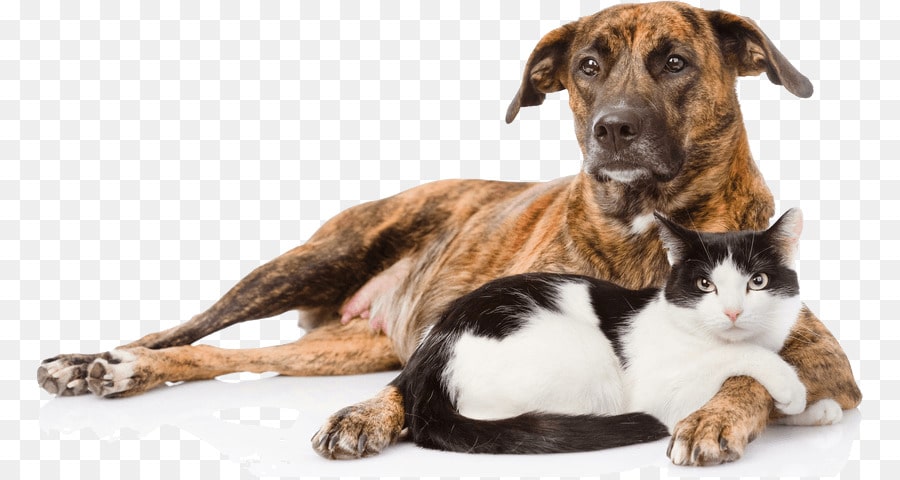“Can my dogs eat peas?”
The past few years have shown an increase in dog owners’ skepticism toward grain and other plant sources like peas in pet food. And the reason for that – carbohydrates.
Dogs’ primary source of sustenance is protein and fat. But that doesn’t mean that adding peas and other plant sources to dog food is bad. In fact, there are benefits in incorporating them into your furry buddy’s meal.
Here are some nutritional facts that might help you make your peace with peas in your dog’s food:
Peas are a good meat substitute
Dogs who are allergic to meat may find plant-based protein a healthy alternative. Green peas, yellow peas, chickpeas, and fava are rich in protein and high in Vitamin A, K, and B. It’s also a good source of minerals such as potassium and magnesium for good digestion, strong immune system and heart.
Peas promote proper digestion
Peas are high in fiber. According to the Whole Dog Journal, fiber has a normalizing effect on the gut. Its moisture-absorbing and lubricating capabilities help slow down peristalsis when your dog has diarrhea or speed it up in cases of constipation.
Peas help reduce the risk of diabetes
Yes. Dogs can get diabetes, too. It happens when the lack of insulin creates a buildup of sugar in the body, which damages their organs. Insulin is a hormone that allows your dog’s body to store energy from food and move glucose into cells. Peas being high in fiber and protein help slow down digestion, which keeps your dog’s blood sugar level smoother throughout the day.
Peas help boost your pet’s immunity
Peas are packed with antioxidants that help build a stronger immune system for your dogs. Some of these nutrients include Vitamin C, Vitamin E, and Zinc. It is also rich in catechin and epicatechin—two phytochemicals that have anti-aging properties and help protect cells from damage and harmful effects of free radicals.
Peas have anti-inflammatory properties
Peas are also good dog food ingredients because of their anti-inflammatory properties. They’re rich in Vitamin A, Vitamin B, coumestrol, and ferulic acid that help reduce heart ailments and arthritis.
Peas improve food texture
Peas help improve the texture of dehydrated dog food products. It makes the food yummier and more enjoyable for your dog to munch on!
So to answer the question “Can my dog eat peas?” and “Are peas bad for them?”, the answers are yes, they can eat peas, and no, it’s actually good for them. And while it’s true that a canine diet only requires meat and fat, there are still a lot of benefits to adding peas to your dog’s diet.
So don’t fret the next time you see those peas in the ingredients list. Because not only are they safe for your dogs, they are also very healthy, nutritious, and enjoyably delicious! – Addictionpet.com











